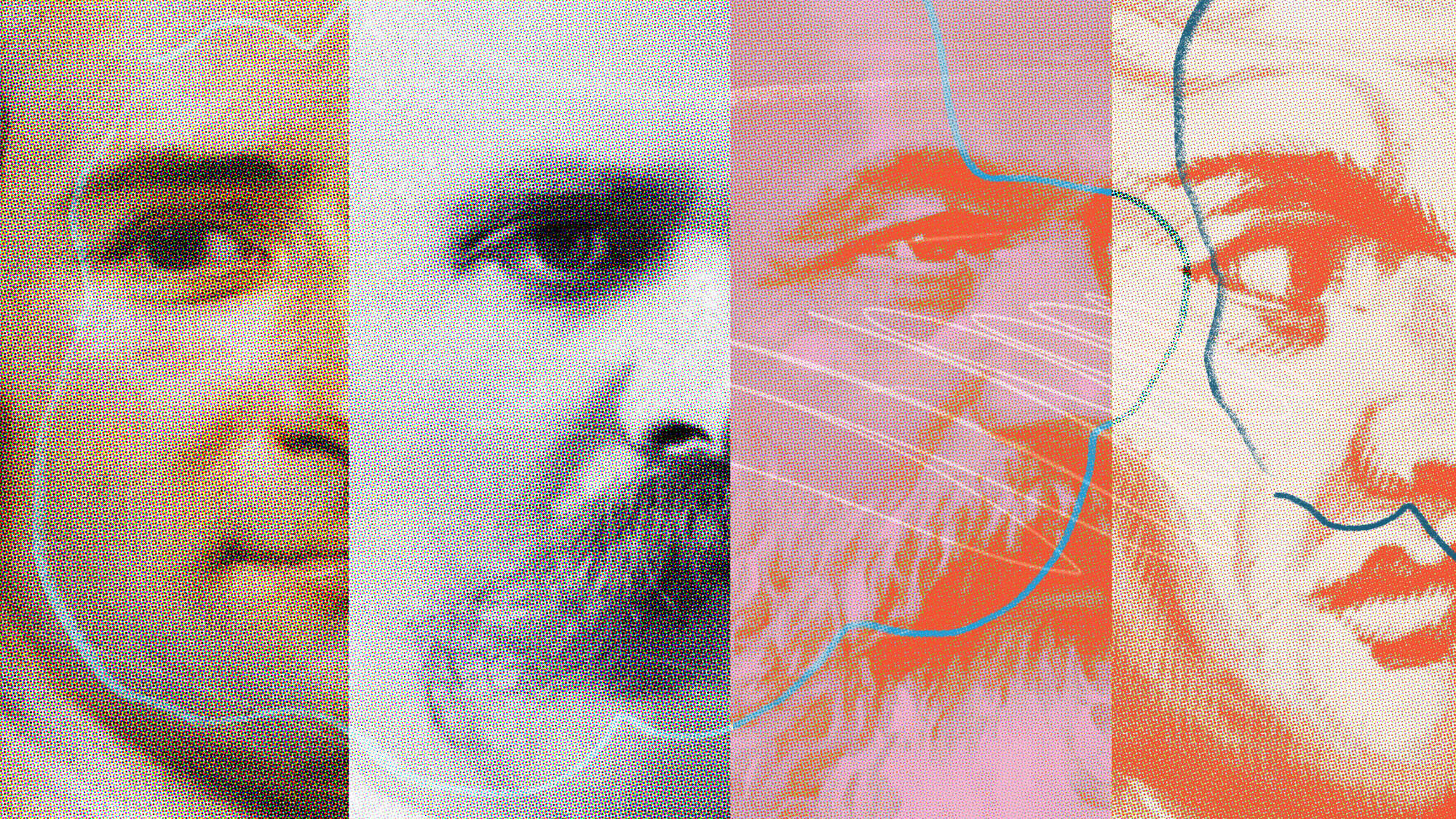What’s it like to be worshipped by the Alt-Right? Not good, especially if you’re a passionate rationalist like Richard Dawkins. He was very recently accused of Islamophobia by KPFA radio—which is why some of the Alt-Right have flocked toward him—however Dawkins released a statement calling any alleged “abusive speech” by him preposterous, and clarified his views: “I have indeed strongly condemned the misogyny, homophobia, and violence of Islamism, of which Muslims—particularly Muslim women—are the prime victims. I make no apologies for denouncing those oppressive cruelties, and I will continue to do so.” Here he responds to how unpleasant it is to have your rational thoughts and your name hijacked by political extremists, and he expresses his disdain for President Trump’s policies, specifically the ‘Muslim ban’. With that as context, he proceeds to do what he does best: use science to investigate the idea of supernatural gods as the creators of the universe—which is a scientific hypothesis, he states, but one of the failed kind. Dawkins explains that we already have a superb theory of why living things have come into being—Darwinian evolution—and the evils that can come from too much faith. Richard Dawkins’ most recent book is Science in the Soul: Selected Writings of a Passionate Rationalist.
Richard Dawkins was the inaugural Charles Simonyi Professor for the Public Understanding of Science at Oxford University. In addition to more than 60 scientific papers, he has published eighteen books, including the[…]
Richard Dawkins responds to the Alt-Right, Trump’s policies, and discusses the evil potential of ideology.
▸
5 min
—
with
Sign up for Big Think on Substack
The most surprising and impactful new stories delivered to your inbox every week, for free.
▸
3 min
—
with
Related
Pessimissts are never disappointed, but are they also kinder?
That Nietzsche quote might not mean what you think it does.
Most people think that writing fantasy or science-fiction requires a strong imagination. Podcast host Mike Duncan shows a knowledge of real-world history is just as important.
Harmony and moderation make for a happier life.
All scientific theories are limited in scope, power, and application, being mere approximations of reality. That’s why consensus is vital.






